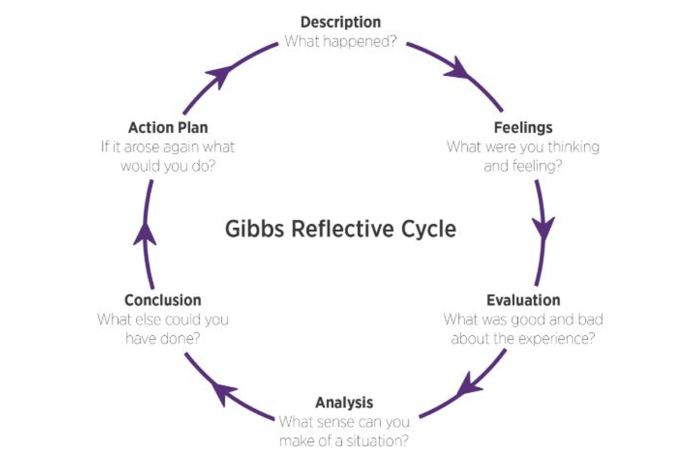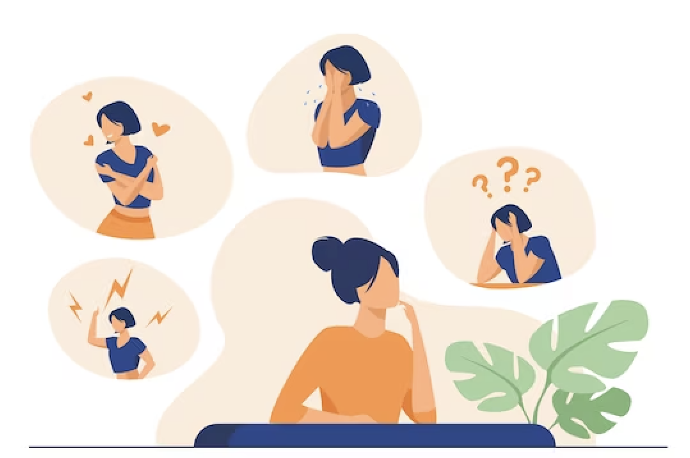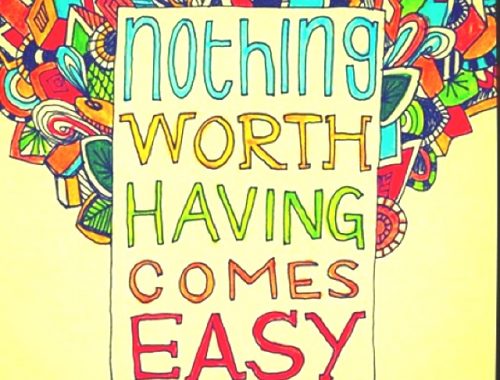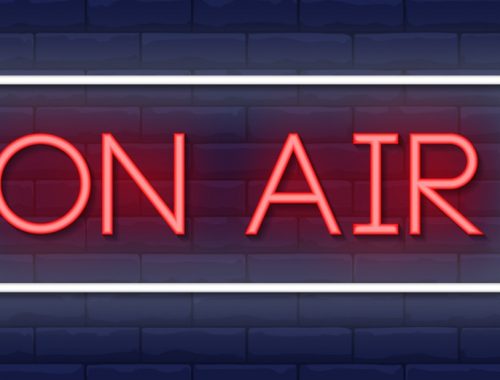
Keep On Keeping On – Bouncing Back From Disappointment
I am a strong believer that perseverance is an invaluable trait, and by refusing to give up you prove your character is strong and can withstand hardship. Rather than falling off the career ladder when faced with a setback in work, I simply take a step back and continue climbing after overcoming the obstacle in the way. Stepping back is great for providing a breathing space after being met with defeat, but more importantly enables you to see the bigger picture and not become completely overwhelmed by the hurdle that now lies ahead.
This was the case when I found myself leading a workshop on a topic I was far from an expert in but had volunteered to speak on. I found myself swamped with a workload that I had taken on and had to navigate alone as it was a solo project – something I have definitely learnt from.
Having resilience and “the capacity to bend with the wind, go with the flow, bounce back from adversity”[1] is definitely an attribute that can be difficult to begin with, but reflection has allowed me to continue progressing and assess how I recovered from a failed training session.
Using the Gibbs Model of Reflection, I will cover how this experience has impacted my outlook and the ways in which I have developed both personally and professionally as a direct result of going through this hindrance.

Description
Part of my job as a Journalist and Content Creator at Excalibur Press is to edit the works of others, mainly in the form of completed articles. Since I started in my position last summer, several individuals with minimal industry experience have joined and been trained to the standard that is expected at the company. However, there have been instances where the work is not quite up-to-scratch, causing delays in submitting finished pieces to clients as well as a stretched workload as edits were proving to be very time-consuming.
As such, the notion of a workshop was put forward and I eagerly accepted the task. I spent additional time on the weekend aside from my normal working hours creating a document that could be followed and used to demonstrate the appropriate format of articles. This required me to do further research into the topic as this wasn’t my area of expertise in work, but the document was finished within a week of the task being assigned and the workshop was then delivered a few days later.
Feelings

At first, I was excited about leading my first group workshop, as I was enthusiastic about providing a useful presentation to my colleagues on how to improve their writing and overall work. This was an especially poignant emotion as I knew that doing so would help the business in more ways than one: improving the quality of work initially produced and offering more available time that would no longer need to be spent on editing, creating a more efficient workforce altogether.
Despite my feelings of anticipation, I then felt daunted by the prospect of speaking on a subject I was underprepared for. I had never presented training before and I felt incredibly flustered which resulted in a substandard presentation that I wasn’t proud of.
Even after the workshop was over, I felt I had failed the task as I hadn’t presented the information in a succinct way and the information didn’t seem to be absorbed by my colleagues very well. I was grateful for the opportunity, however, and feel it was invaluable experience in leading a training session.
Evaluation

I definitely hadn’t rehearsed enough before beginning the workshop, so my teachings weren’t as successful as they could have been. I believe that my nerves in the moment were also a hindrance as I struggled to get my words out when stood in front of a group of respected colleagues, finding that my “public speaking anxiety wasn’t related to the number of individuals addressed, but rather their relevance to the speaker and linear positioning” [3] as we all held the same job title, yet I had a newfound authority, albeit temporary.
One of the main positives I took away from the situation was my commitment to the project, having worked overtime in order to reach the deadline. I was also proud of myself for undertaking the task; I did it on my own accord and proved that I was a valued member of the team as well as a hard worker.
Analysis

The workshop I held was neither successful nor unsuccessful – it sat in the vague middle ground of not having a major impact but was acknowledged by everyone taking part. There were definite positive outcomes as a result of taking it, but I believe these to be minimised as a result of my underprepared nature and as such, it wasn’t as productive as it should have been.
Conclusion

In this specific situation, there were a handful of things I could have done differently in terms of preparation and presentation to have led a more engaging workshop. This includes asking for an extension on the deadline as I found myself under a lot of pressure which likely affected the end result.
The presentation itself was only to three individuals, one of which had started at the business on the same day it was held, meaning the information I presented could have been more streamlined and tailored to their needs
Action Plan

In future, I will definitely strive to be more prepared and knowledgeable on the topic in question, as well as having a better presentation altogether that is both engaging and informative. I always aim to be more confident in my abilities and this is certainly something I can work on ahead of the next time.
This experience has enabled me to see the weak elements of how I acted in this specific situation, offering me the chance to mature. Knowing that I will have to oversee similar training sessions in my career is also beneficial as I can utilise the first experience I had and grow from it in the future.
Bibliography
[1] Graham, L. (2018). Resilience: powerful practices for bouncing back from disappointment, difficulty, and even disaster. New World Library.
[2] Waite, K. How to apply Gibbs Model of Reflection, Association Of AMBAs. Website link: https://www.associationofmbas.com/how-to-apply-gibbs-model-of-reflection/ (Accessed: March 20, 2023)
[3] Raja, F. (2017). Anxiety level in students of public speaking: Causes and remedies. Journal of education and educational development. Article link: http://jmsnew.iobmresearch.com/index.php/joeed/article/view/188/338 (Accessed: March 20, 2023).
You May Also Like

The Best Laid Plans of Mice and Men…
14 April 2023
I Was Just… A Voice.
7 April 2023

One Comment
Maisie Laughton
https://blogs.qub.ac.uk/ael3001-2022/2023/04/14/keep-on-keeping-on-bouncing-back-from-disappointment/